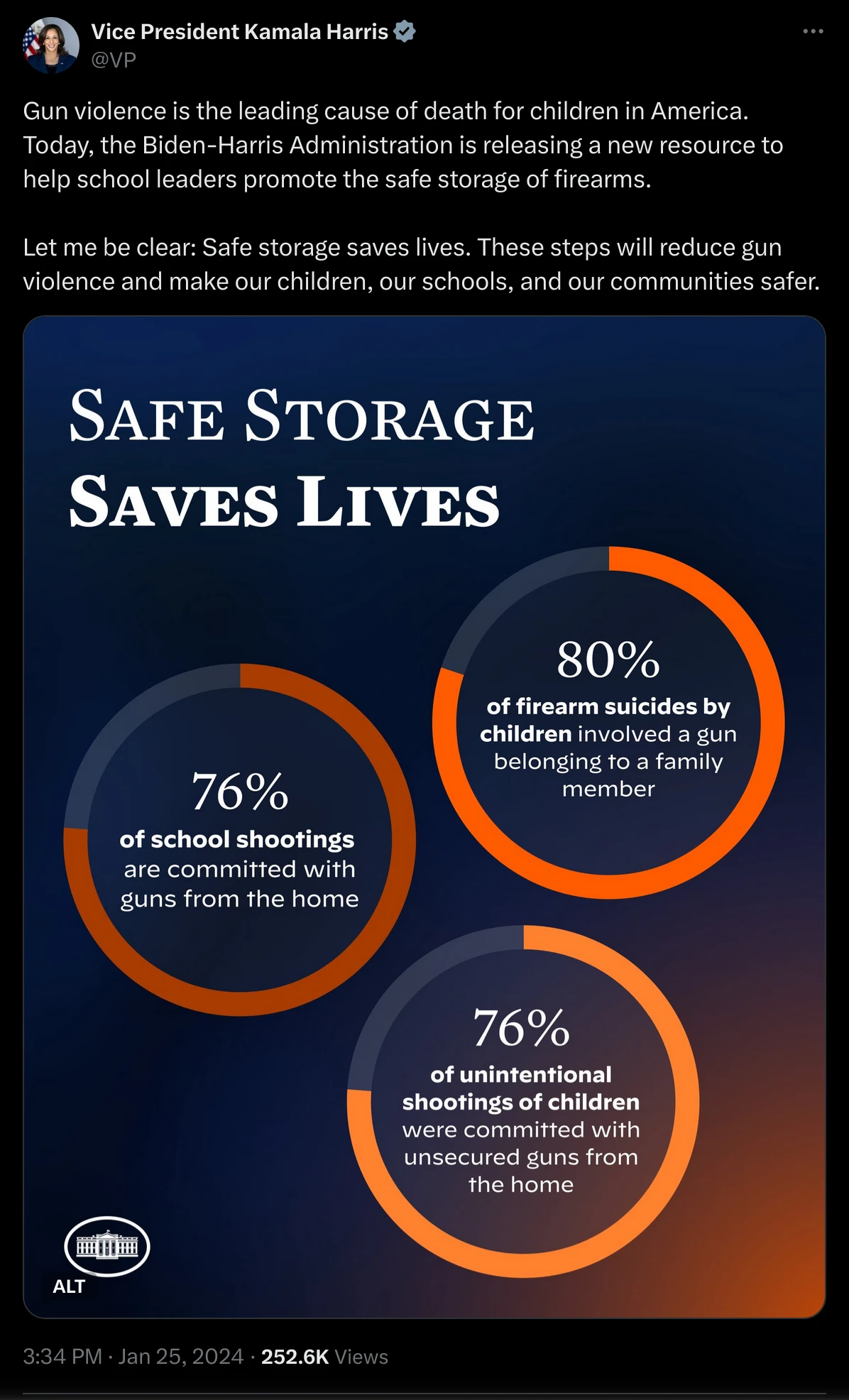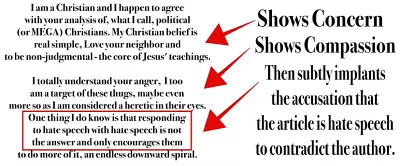What is a Christian Troll?
You just wrote a masterpiece supported by reason and fact when suddenly, a two-sentence, critical-thought-lacking, irrelevant comment appears, dismissing the entire article. You laugh, “No one would take such a mindless rebuttal seriously.”

If you’ve ever spent some time online, you’ve probably encountered an internet troll. An internet troll makes inflammatory, rude, or upsetting statements online to elicit strong emotional responses in people or steer the conversation off-topic. They do this for amusement or sometimes to push a specific agenda. Trolls appear on many online platforms, such as forums, social media, comment sections, and even online games. Traditional internet troll behavior typically manifests in bully, antagonizing, and strategies meant to make you lose composure in front of others, thereby reducing your credibility. He is stirring up trouble, sometimes with an agenda, but more often than not, he is just an asshole. One of the worst forms of internet trolls is the Christian troll, whose aim is to rally and maintain the Christian herd.
How to Identify a Christian Troll
It can be hard to differentiate between a troll and someone with a different opinion. Even more difficult is differentiating the Christian troll from other trolls. However, articles and social media comments reveal Christian trolling, most notably on free-to-use sites.
Irrelevant Comments
Christian trolls post irrelevant or off-topic comments typically to draw attention to some Christian value, like hating some group or anything politically conservative. You might see a comment on a video about a conspiracy so stupid only a Christian would believe it, saying, “That’s it! I’m done with anti-Jesus Katy Perry!”
Much like other trolls, Christians use personal attacks, insults, name-calling, or profanity to provoke others, but more often, they utilize passive-aggressive behaviors. They make exaggerated or false claims or use logical fallacies or strawman arguments to misrepresent others’ views and promote the Christian worldview of lies.


They refuse to back up their statements with evidence or ignore or dismiss anything contradicting them. Christian trolls repeat the same points over and over again or change the subject when challenged because they have no substantive point and have no interest in constructive or respectful dialogue unless it serves their purpose.
Christian Troll Intent
The best troll identifier is intent. The Christian troll isn’t attacking you but instead speaking to the masses of Christians lacking critical thought, objectivity, and rationality. With just a sentence or two, this troll can corral the herds of thoughtless believers with “gentle” reminders not to stray too far from the adage-infused, black-and-white, Christian groupthink.

Recognizing Internet Troll Strategies
Internet trolls use various strategies to wrangle Christian lemmings to disrupt online communities or influence public opinion. Common troll strategies include:
Christian Flaming: This is when trolls start or escalate online arguments by posting accusations, inflammatory, or hostile messages:
You don’t look like a happy person in that photo. What’s up with that, dude? You claim to be free of “spiritual lies” and yet haven’t found much joy? Maybe you need to be quiet for a moment and see what you’ve sought in life and how fulfilling it is. Paul Edward Faulk
Christian Concern trolling: This is when trolls pretend to be concerned about an issue or a person but have a hidden agenda or ulterior motive. For example, they may express fake sympathy for a victim of abuse while subtly blaming them for their situation. On the article “Why Calling Christians Liars is Not Hate Speech,” a Christian concern troll posts:
 Comment by Gary L. Engstrom
Comment by Gary L. Engstrom
Christian Sea Lioning: This is when trolls bombard someone with incessant and insincere requests for evidence or clarification to exhaust them or derail the conversation.
Christian Doxxing: This is when trolls reveal someone’s personal information online, such as their real name, address, phone number, email, or workplace. This can expose them to harassment, threats, or violence from other trolls or extremists.
Christian Brigading: This is when trolls coordinate to target a specific person, group, or website with mass downvotes, negative comments, reports, or spam.
The Importance of Recognizing Christian Trolls
Recognizing Christian trolls is important because you avoid wasting time and energy by engaging with them. Trolls are not interested in having a rational or civil discussion; they only want to provoke and get a reaction out of you. By ignoring them or blocking them, you can deprive them of the satisfaction they seek and focus on more productive things.
Recognizing Christian trolls can also help protect yourself and others from their harmful effects. Christian trolls can cause emotional distress, anxiety, anger, or depression in their targets. They can also damage the reputation, credibility, or safety of individuals or organizations they disagree with. By reporting them to the moderators or authorities, you can help stop their abusive behavior and prevent them from harming others.

Most vitally, recognizing Christian trolls helps you maintain a healthy and positive online environment. Christian trolls ruin the quality of online discussions and communities by spreading misinformation, hate speech, or toxicity. By exposing them and calling them out, you help preserve the integrity and civility of online spaces and foster a culture of respect and dialogue.































































































